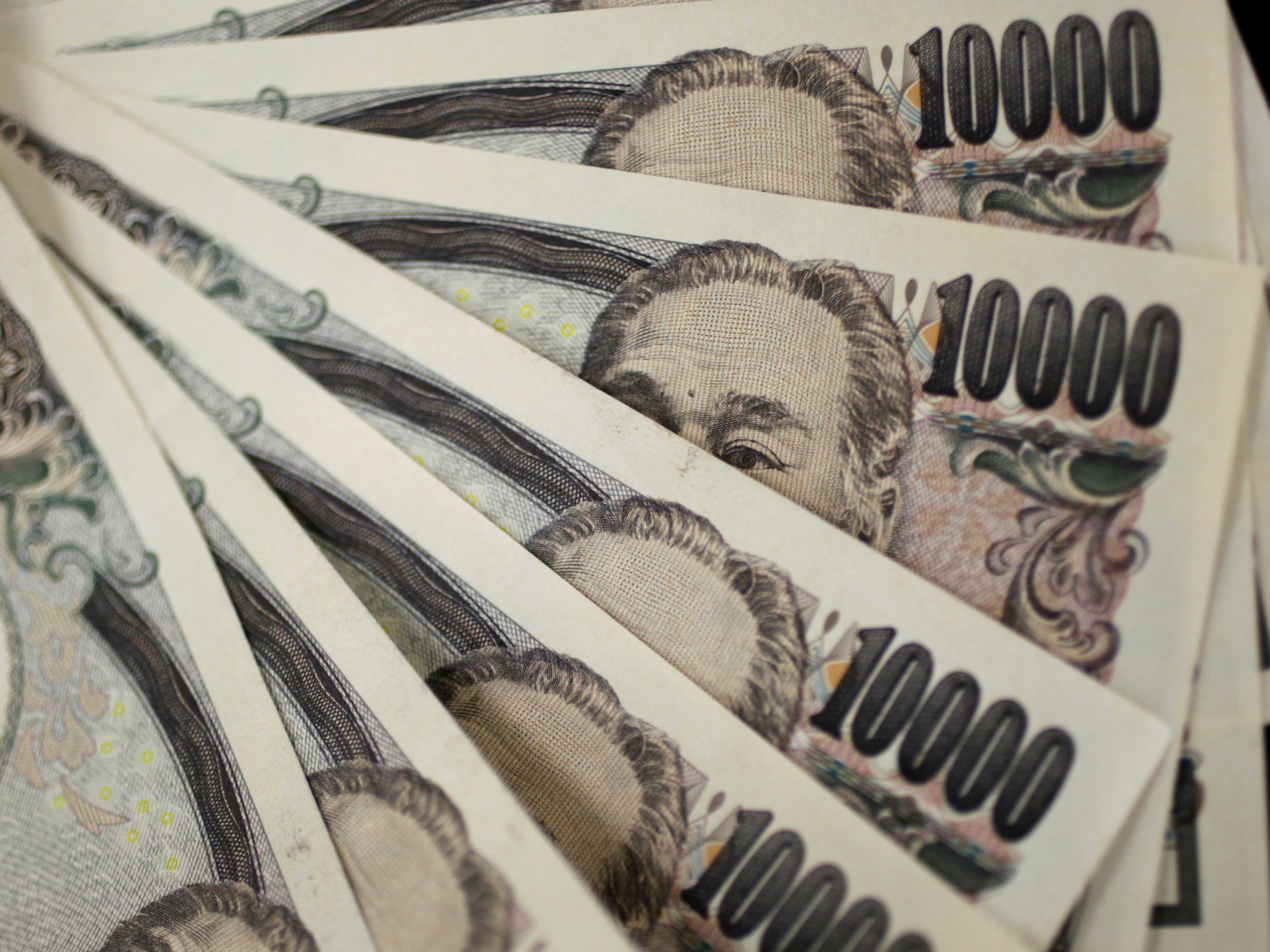The Japanese currency, the yen, has recently fallen to its lowest level against the US dollar in over three decades, reaching 160.17 per dollar. This decline has raised concerns among experts that Japanese authorities may need to intervene to stabilize the currency, a move not seen since late 2022.
The fall in the yen can be attributed to several factors, including the Bank of Japan’s decision to keep interest rates at ultra-low levels while other central banks, including the US Federal Reserve, have raised borrowing costs. Despite the BOJ’s recent increase in interest rates – the first in 17 years – the yen’s downward trend has persisted.
One significant factor contributing to this decline is expectations of rate cuts in the US due to higher-than-expected inflation. While a weaker yen has benefited Japanese exporters and boosted tourism revenue, it has also led to higher prices for imported goods, putting pressure on household budgets.
To prevent excessive fluctuations in the yen’s value, Japanese officials have indicated their willingness to intervene in the foreign exchange market. However, they have refrained from doing so during its year-long decline. Last Friday, the Bank of Japan maintained its benchmark interest rate at 0-0.1 percent. BOJ Governor Kazuo Ueda emphasized that exchange-rate volatility would only impact monetary policy if it significantly affected the economy and prices. He noted that if the yen’s movements had a substantial impact, adjustments to policy may be considered in response.
In conclusion, Japan is facing an economic challenge due to its falling currency value against other countries such as America. The decline can be attributed to various reasons like low interest rates and high inflation expectations leading to pressure on household budgets and businesses alike.
The authorities are closely monitoring this situation and are prepared to intervene if necessary by stabilizing exchange rates through foreign exchange markets intervention.
However, this move could also impact monetary policy as it will affect both economy and prices negatively if it continues for longer periods without any adjustment or correction.
It remains uncertain how long this situation will persist or what actions will be taken by Japan’s government and central bankers.



